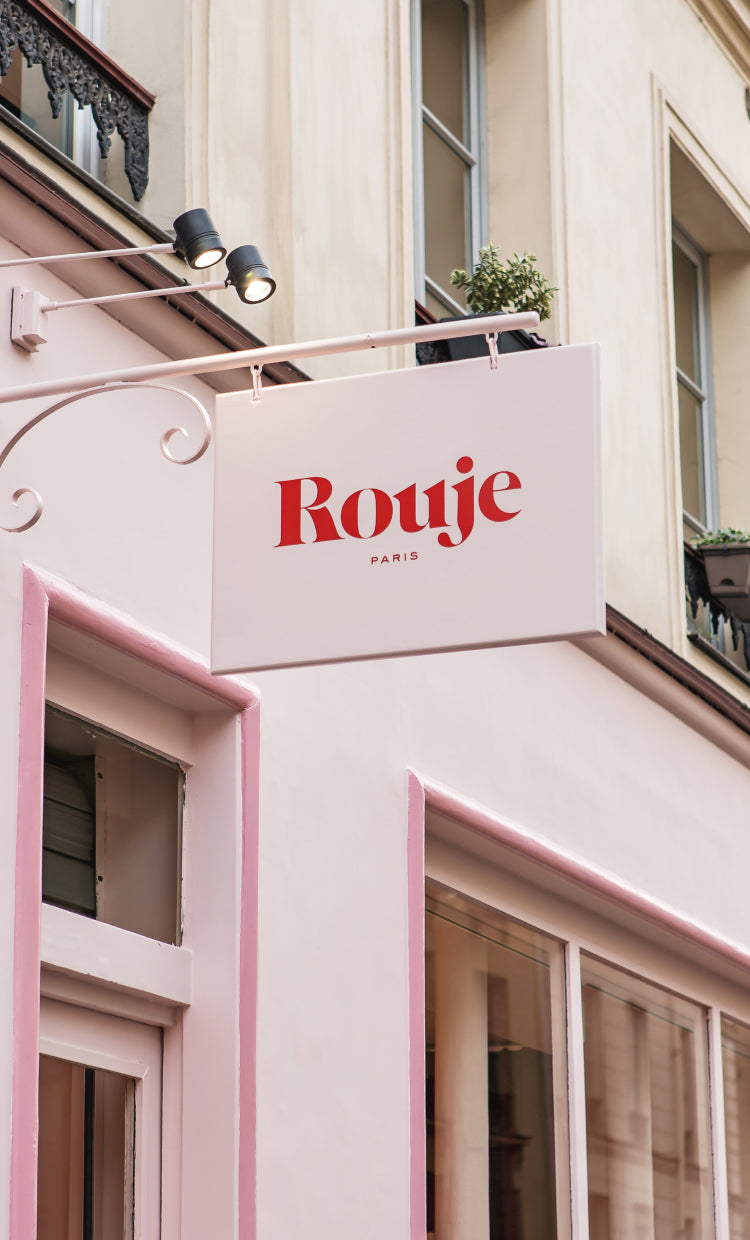
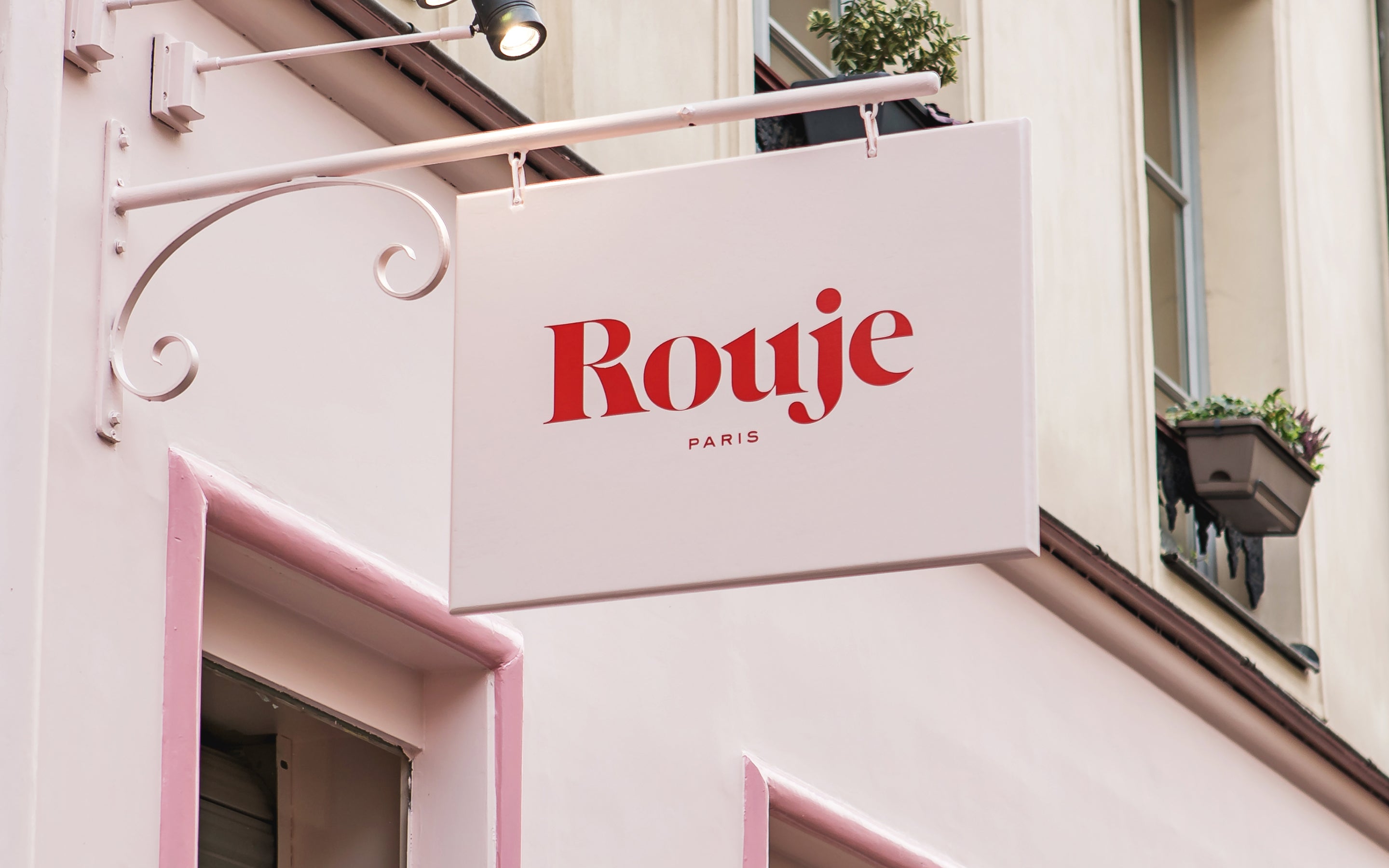
NUESTROS DEMÁS
COMPROMISOS
En Rouje, más allá de nuestra elección de materiales poco a poco estamos implementando acciones encaminadas a reducir nuestro impacto ambiental. Es un proceso que siempre se puede mejorar y que, como somos conscientes, está lejos de estar completo. Esto es lo que hemos implementado hasta ahora:

Una innovación en el ámbito del embalaje
Desde 2022, se utilizan envases de papel en todas nuestras líneas de producción. Nos permite ahorrar 2 toneladas de plástico cada año. El 100 % de nuestras cajas de envío proceden ahora de un canal de reciclaje, frente al 90 % en 2021.
Transporte
por carretera
Nos esforzamos por limitar nuestro impacto medioambiental fomentando el transporte por carretera. Actualmente, el 89 % de nuestros artículos se envía por vía terrestre, lo que nos permite minimizar nuestra huella de carbono eligiendo el método menos contaminante.
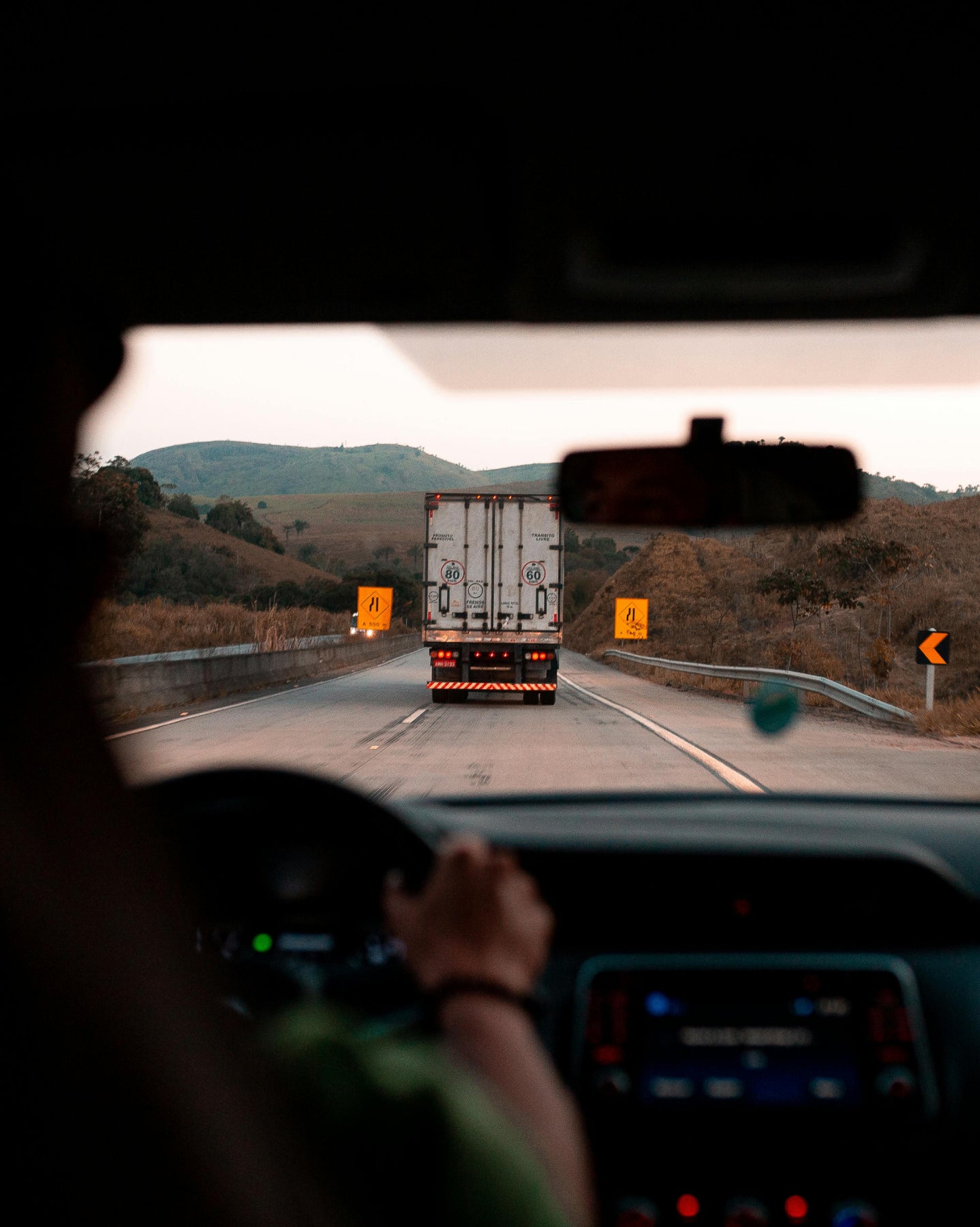
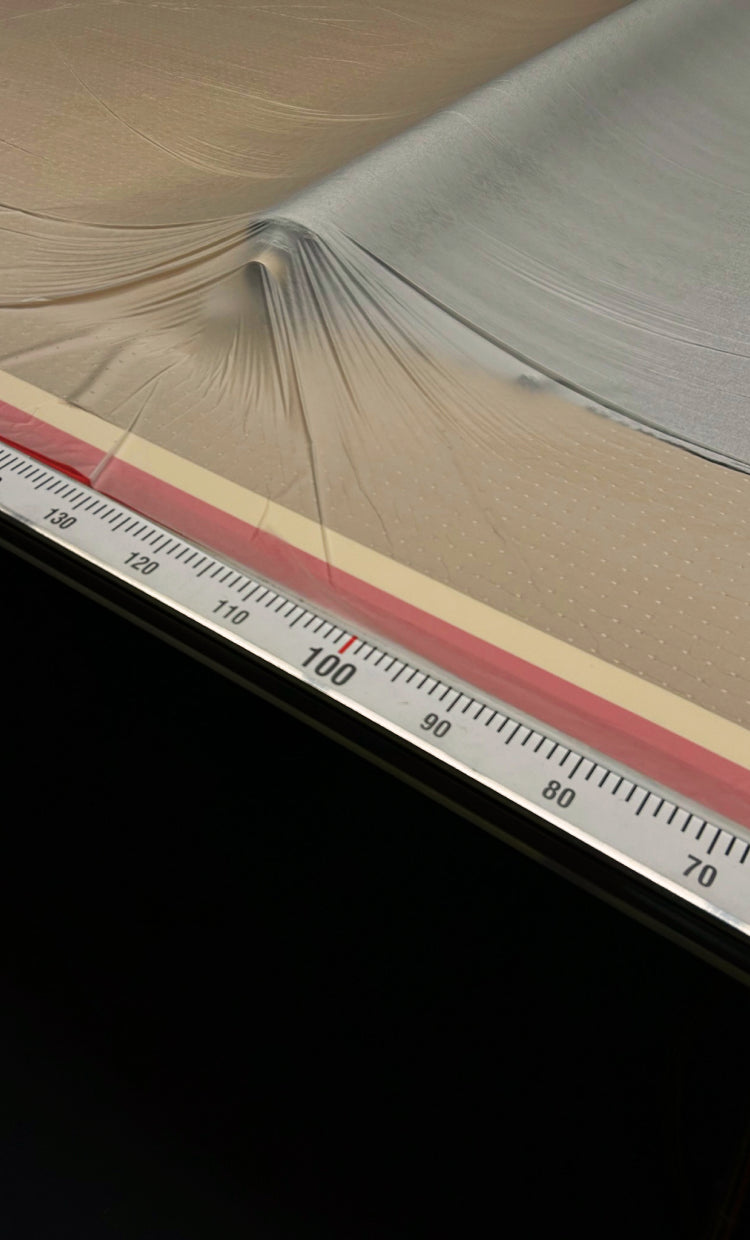
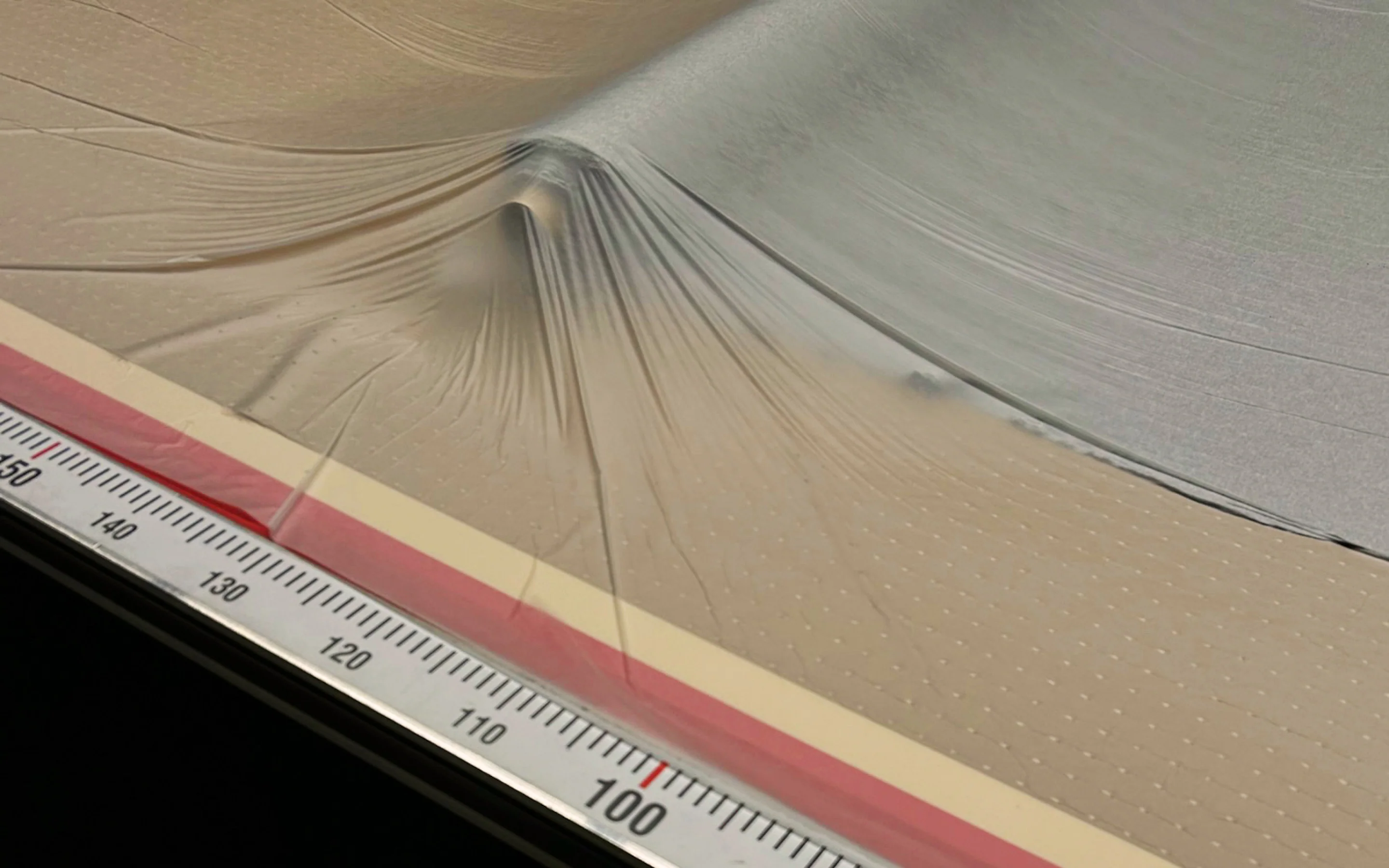
creaciones recicladas
El reciclaje y el uso de nuestras existencias de telas en stock son prácticas habituales en Rouje. Debido a que valoramos cada uno de nuestros materiales, queremos utilizarlos al máximo. Esto se hace en varios ejes:
• En enero de 2023, se presenta una colección totalmente reciclada. Permite reutilizar 2000 metros de tejido y 332 kg de hilo. El resto se destina, en 2022, a la escuela de moda ESMOD o a la Friperie Solidaire d'Emmaüs (6399 metros en 2022 y 6776 metros en 2023), para formar en profesionel relacionadas con la moda.
• Con cada colección, además de una pieza reciclada cuyos beneficios se donan a la Maison des Femmes de Saint-Denis, producimos otra pieza a partir de nuestras existencias inactivas.









